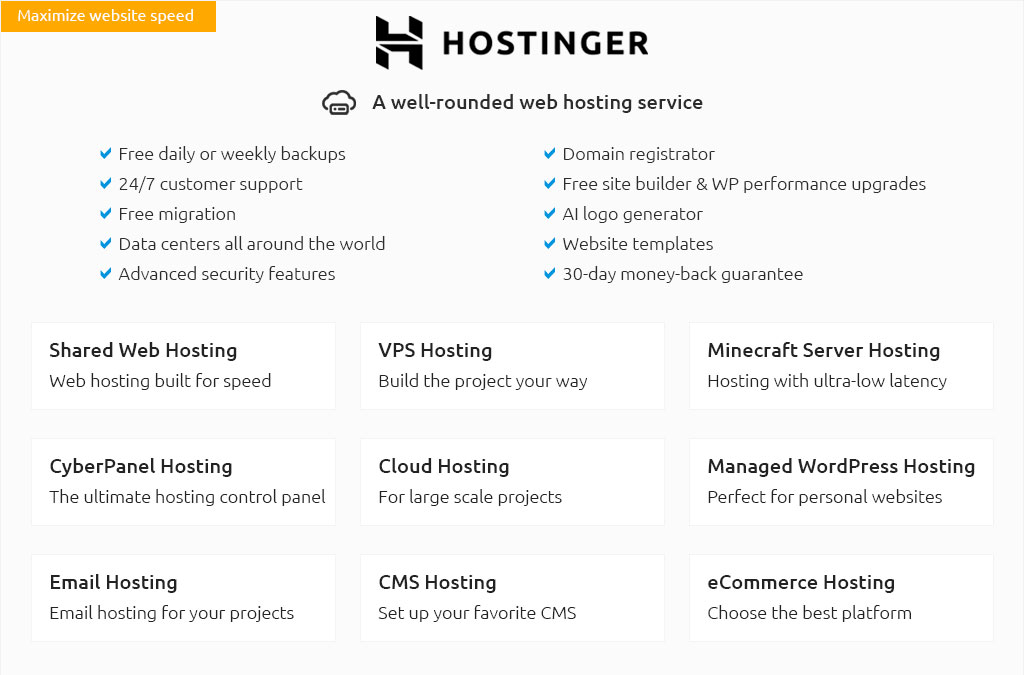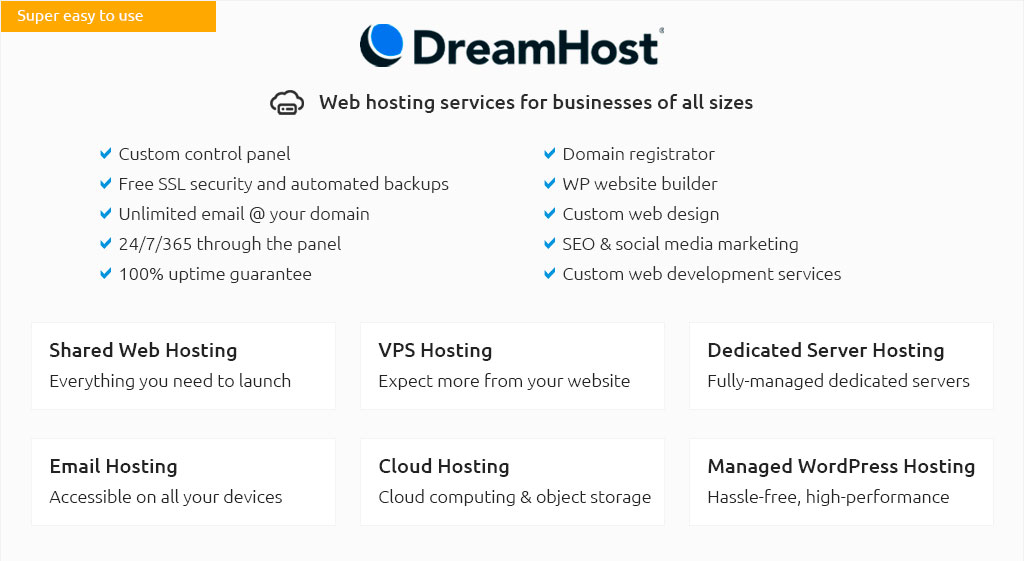 |
|||
 |
 |
 |
|
 |
|
 |
 |
 |
|||
 |
|||
 |
|||
 |
|||
 |
 |
|
Discover the future of web hosting with our comprehensive reviews on managed cloud hosting, where innovation meets reliability; say goodbye to downtime and hello to seamless performance, as we guide you through the best solutions tailored for speed, security, and scalability, empowering your business to soar above the competition with confidence and ease-because your online presence deserves nothing less than excellence.
https://www.fastcomet.com/
Fully managed hosting service with top-rated technical support. Based on 10 000 support requests, we resolved 83% of the issues in less than 15 minutes. https://openmetal.io/resources/blog/managed-cloud-versus-hosted-cloud/
Managed cloud such as Magento cloud hosting, like a meticulous gardener, nurtures your digital garden, customizing and optimizing your ... https://www.digitalocean.com/products/cloudways
Cloudways is a managed cloud computing service for businesses that want flexibility, scalability, security, and great performance for an affordable price.
|